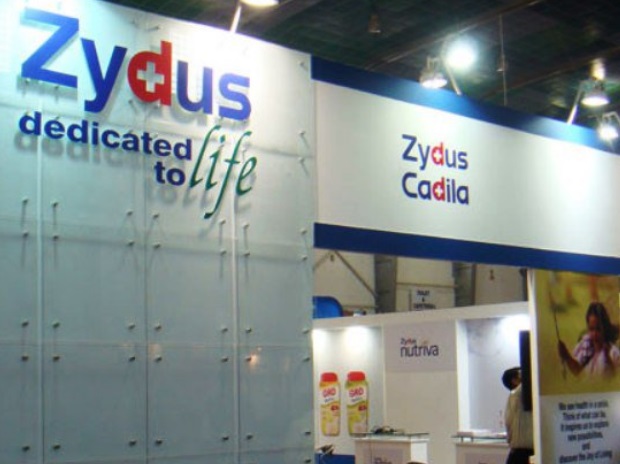India’s Zydus Cadila has sought emergency use approval for its ZyCoV-D three-dose Covid shot that is the “world’s first Plasmid DNA vaccine”. The company said, it is a “needle-free” and safe vaccine for children.
According to the company they are also planning to manufacture up to 120 million doses of the shot annually.
If the vaccine gets approval for ZyCoV-D, it will be the fifth vaccine allowed for use in India after the Serum Institute of India’s Covishield, Bharat Biotech’s Covaxin, Russia’s Sputnik V, and the US-made Moderna.
The vaccine is 66.6 per cent effective against symptomatic Covid cases and 100 per cent for moderate disease, claims Zydus. It also says that the vaccine is safe for children between from the age group of 12 to 18 years. But its trial data is not peer-reviewed yet.
According to the company, its Phase 3 trials were carried out through the outbreak of Delta which is the most transmissible Covid-19 variant that was first detected in India and believed to be driving new cases in parts of the world.
However, Zydus says, the study data showed ZyCoV-D’s safety and efficacy in a late-stage trial with more than 28,000 volunteers across the country, including about 1,000 subjects in the 12-18 year age group.
Zydus said in a statement to the stock exchanges, according to Reuters, the study was carried out “during the peak of second wave of COVID-19 (in India), reaffirming the vaccine’s efficacy against the new mutant strains especially the Delta variant.”
This vaccine has a three-dose regime unlike the shots used so far in India and is applied through a needle-free system.
The company says in a statement, “Also, being a plasmid DNA vaccine, ZyCoV-D doesn’t have any problem associated with vector-based immunity.”
The company says, at 2 to 8 degrees Celsius the vaccine is stored but has shown good stability at temperatures of 25degrees for at least three months, which makes it easier to transport and store the shot and reduce any cold chain breakdown challenges.
Zydus says, it is a plasmid DNA vaccine which when injected, produces the spike protein of the coronavirus and incites an immune response. Plasmid DNA platforms can be quickly modified to deal with new mutations.

